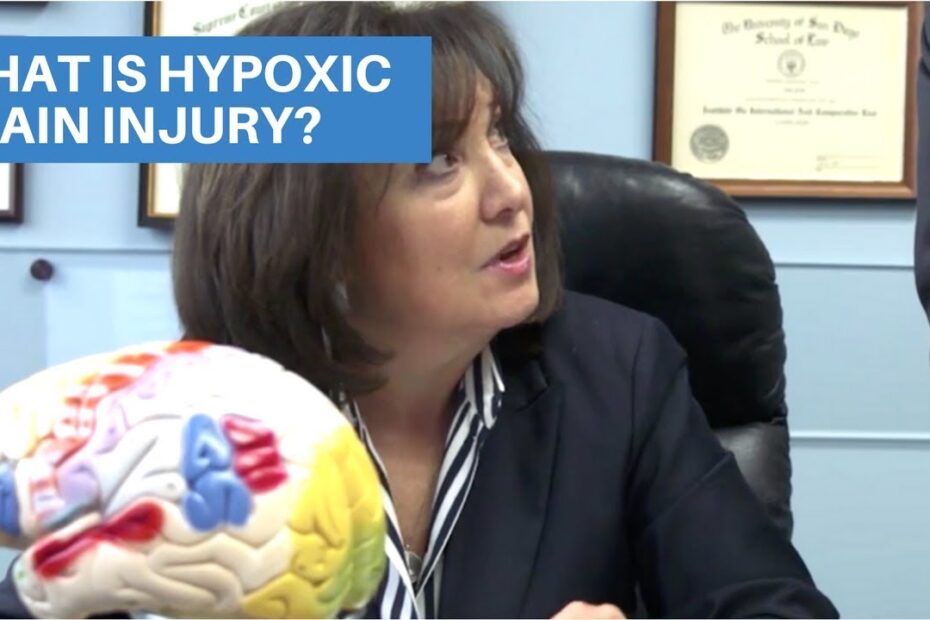What Causes Hypoxic Brain Injury? 7 Primary Risk Factors Explained
Your brain is a demanding diva. It requires oxygen like a penguin needs a tuxedo—absolutely, non-negotiably. When oxygen supply pulls a disappearing act, hypoxic brain injury crashes the party. Let’s unpack the seven primary culprits that might leave your gray matter gasping for air (and possibly filing a complaint with the universe).
The Usual Suspects: Classic O₂ Bandits
- Cardiac Arrest: When your heart decides to take an impromptu coffee break, blood flow (and oxygen) slams the brakes. Brain cells start waving tiny white flags.
- Drowning: Water’s great for pool parties, less so for lungs. Even a brief dunk can turn your brain into an unamused raisin.
- Choking: That ill-advised attempt to swallow a whole burrito? Your trachea’s dramatic “NOPE” can starve the brain faster than a toddler refusing broccoli.
- Carbon Monoxide Poisoning: Silent, odorless, and ruder than a telemarketer. This gas hijacks your red blood cells like a sneaky ninja, leaving your brain clueless it’s being robbed.
The Unexpected Party Crashers: Less Obvious Offenders
- Severe Asthma Attacks: Imagine breathing through a coffee stirrer during a marathon. Airways throw a tantrum, oxygen taps out, and your brain starts drafting its resignation letter.
- Drug Overdoses: Some substances slow breathing to a sloth’s pace. Opioids, for instance, treat your respiratory system like a snooze button—dangerously.
- High Altitude: Thin air at 20,000 feet isn’t just a problem for mountain goats. Without acclimatization, your brain might start hallucinating that it’s starring in a low-budget zombie flick.
Whether it’s your heart ghosting its responsibilities or altitude acting like a passive-aggressive roommate, these risks remind us: oxygen is the ultimate VIP. Treat it accordingly—or risk your brain staging a mutiny.
Secondary Causes of Hypoxic Brain Damage: Hidden Triggers and Comorbid Conditions
When Your Body Plays Pranks: The Sneaky Stuff
Hypoxic brain damage isn’t always caused by dramatic “hold-my-breath” scenarios. Sometimes, it’s the result of your body or environment pulling a sneaky prank. Think of these secondary causes as undercover oxygen thieves—like carbon monoxide, which slips into your bloodstream like a ninja in pajamas, or anemia, where your red blood cells ghost their job harder than a Tinder date. Even sleep apnea joins the party, where your airways take unscheduled naps mid-snore. Who knew your own throat could be such a traitor?
Comorbid Conditions: The Unlikely Duo (or Trio)
Certain health conditions love to team up like a chaotic buddy-cop movie. For example:
- Diabetes and hypotension: One messes with your blood sugar, the other forgets to keep the pressure up. Together, they’re the ultimate oxygen delivery disruptors.
- Asthma and heart failure: A tag team that turns your lungs and heart into a dysfunctional relay race. Pass the oxygen baton? Hard no.
Throw in a rogue infection or a rogue medication side effect, and suddenly your brain’s oxygen supply is stuck in a game of musical chairs.
Hidden Triggers: The Plot Twists Nobody Ordered
Ever heard of “happy hypoxia”? It’s when your oxygen levels drop, but you’re chilling like everything’s fine—like realizing you’ve been singing off-key at karaoke *after* the mic’s off. Or how about high-altitude hiking, where thin air turns your mountain selfie quest into an unplanned brain challenge? Even severe allergies can hijack oxygen flow faster than a squirrel stealing your picnic sandwich. Moral of the story? Your body’s a master of plot twists. Always keep a smoke detector (and maybe an oxygen meter) nearby.
